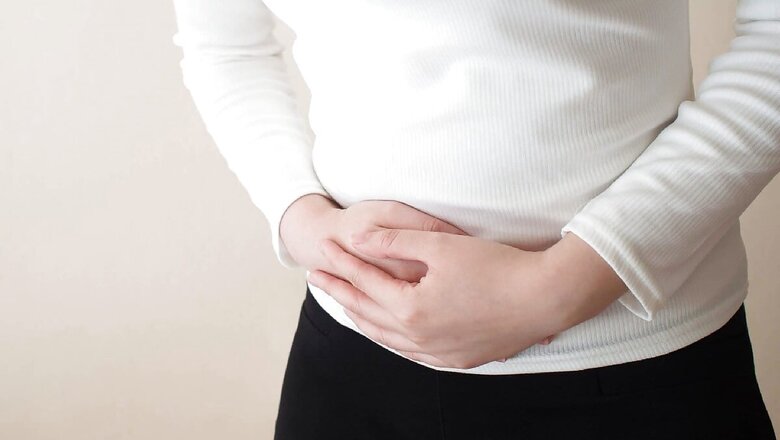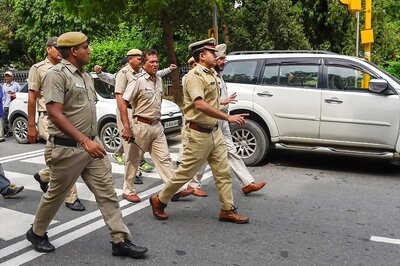
views
In a new study done at the Baylor College of Medicine, a group of researchers have found how rotavirus causes severe gastrointestinal disease.
Rotavirus infection is one of the most common causes of diarrhoea, fever and vomiting in infants and children, killing over 120,000 children in the world every year. So far, there is no treatment for the disease; it is managed through symptomatic treatment.
The virus mainly infects enterocytes (intestinal cells that help in absorption of food) and leads to malabsorption. It was previously found that while the virus is only present in some intestinal cells, it does affect surrounding (and uninfected) cells too. The latest study explains the mechanism behind this effect.
As per the study, the infected cells release some signalling molecules that bind to the uninfected cells, thus leading to severe diarrhoea. The findings of the study are published in the journal Science. The authors of the study indicate that this signalling may be used as a target for developing new drugs for rotavirus infection.
Cause and symptoms
Rotavirus is most common in children who are 3-35 months old. Adults caring for young children are also more at risk. Rotavirus infection spreads through the consumption of water or food that is contaminated with faecal matter. The virus can stay on surfaces like doorknobs and may even get transmitted when someone sneezes or coughs. Though, the latter is less common.
Once the person is exposed to the virus, it takes them about two days to develop symptoms, which can range from mild to severe and include:
- Nausea and vomiting
- Fever
- Abdominal pain
- Dehydration
- Diarrhoea
- Loss of appetite
Dehydration can further lead to sunken eyes, reduced skin elasticity, dry mouth, thirst and lethargy. Vomiting and diarrhoea, in particular, can last for 3-8 days.
Diagnosis and treatment
Rotavirus is diagnosed through a physical exam and by the symptoms shown. Your doctor may ask for a stool sample to test the presence of the virus in the body.
There is no treatment for rotavirus disease. The infection usually resolves itself in 3-7 days.
The disease is mostly managed through symptomatic treatment and doctors focus on preventing dehydration. This can be done by drinking lots of fluids or taking oral rehydration solution (ORS). Hospitalisation may be needed in case of severe dehydration, where the child will be given intravenous fluids.
Prevention
Rotavirus spreads through the fecal-oral route. The best way to prevent it is by following proper hygiene. This includes washing your hands properly and making sure that all the surfaces (floor, tables, doorknobs) in your house are clean. Look out for the symptoms of dehydration in your child, so you can talk to a doctor at the earliest in case of a suspected infection.
Rotavirus vaccine is the best way to prevent rotavirus infection. The vaccine is generally given to infants in the second month of their life. If it is not possible for it to be given by then, it may be given within the first six months.
For more information, read our article on Rotavirus.
Health articles on News18 are written by myUpchar.com, India’s first and biggest resource for verified medical information. At myUpchar, researchers and journalists work with doctors to bring you information on all things health.
Read all the Latest News, Breaking News and Coronavirus News here


















Comments
0 comment